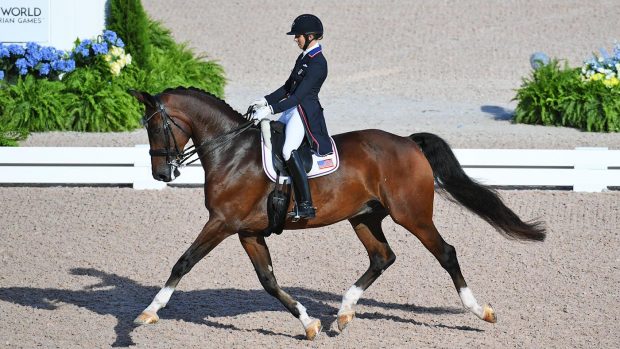Leading vets have raised concerns that those buying “designer” animals including miniature horses may not be aware of the associated health and welfare issues.
The British Veterinary Association (BVA) has released a statement urging people to “pick health over looks”, and “avoid the internet-fuelled craze” for cats, dogs, equines and other animals with “cute” or extreme features.
“Vets are concerned that many pet owners may not be aware of health and welfare issues that animals bred with extreme features suffer from,” the statement read. “These problems may not be immediately obvious, but often cause life-long misery for our pets.”
In a recent BVA survey of the profession, breeding and hereditary defects was vets’ top animal health and welfare concern.
“As part of its newly-adopted policy position on extreme conformations, BVA is urging animal lovers, breeders, breed clubs, academics, vets and vet nurses to continue to work collaboratively to tackle the health and welfare impact of extreme breeding across all species,” the statement said.
BVA president Simon Docherty said that owing to their size and weight, breeds such as falabellas and miniature Shetlands are at increased risk of conditions such as hyperlipaemia (an abnormally high concentration of fats in the blood), hip and shoulder dysplasia, tracheal collapse and eclampsia, which are “not regularly identified in larger horse breeds”.
“Arabian horses are often selected for their ‘dished’ or concave facial conformation, but we are aware of an emerging breeding practice for selecting for extreme concave facial features, resulting in a flattened, cartoon-like nose which may negatively impact on the horse’s ability to breathe and exercise normally,” he told H&H.
Continues below…

The true cost of a pretty face: ‘designer’ breeding means ponies suffer
Ponies are suffering as their mouths have got too small for all their teeth, an expert has warned

Subscribe to Horse & Hound magazine today – and enjoy unlimited website access all year round

Vets’ fears as ‘cartoon-like’ Arab colt goes viral
The nine-month-old colt is considered ‘close to perfection’ by his breeders, but ‘worrying’ by others
“While the UK population of these breeds may be relatively small at present, we are worried that their internet popularity may prompt increased demand among consumers who are unaware of the potential serious health and welfare issues associated with such breeding.
“These hereditary problems are distressing for the horses and may result in the need for additional veterinary care. We would encourage prospective horse owners and breeders to always pick health over looks and to speak to their vets to receive advice on the health and welfare problems associated with certain breed types.”
For all the latest news analysis, competition reports, interviews, features and much more, don’t miss Horse & Hound magazine, on sale every Thursday.



